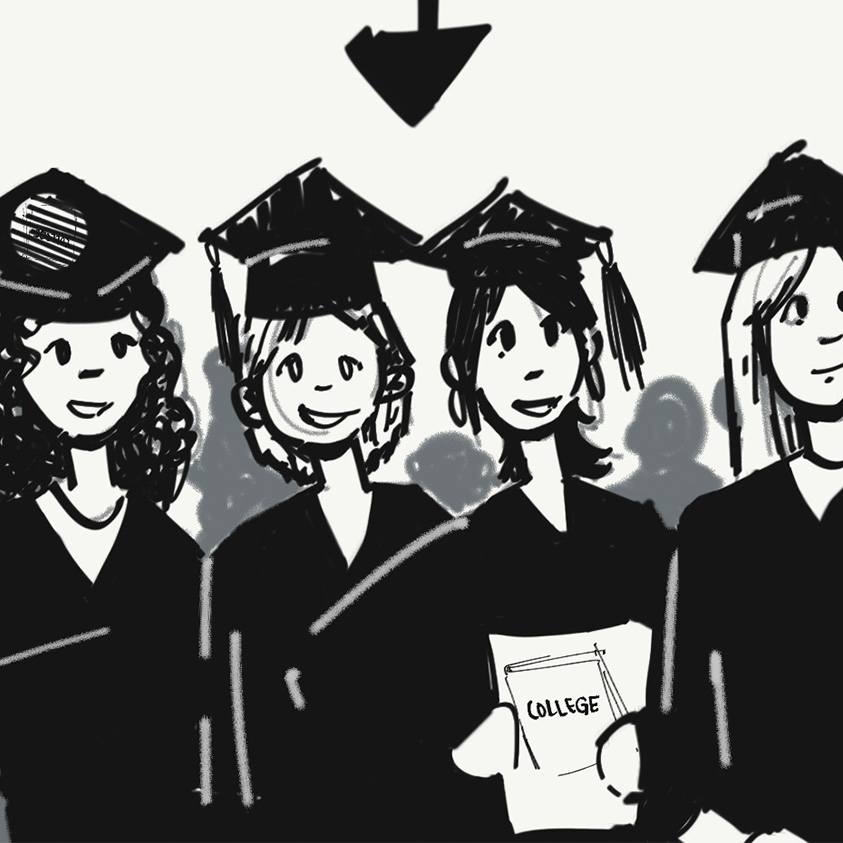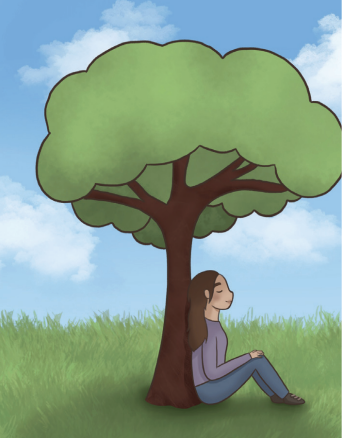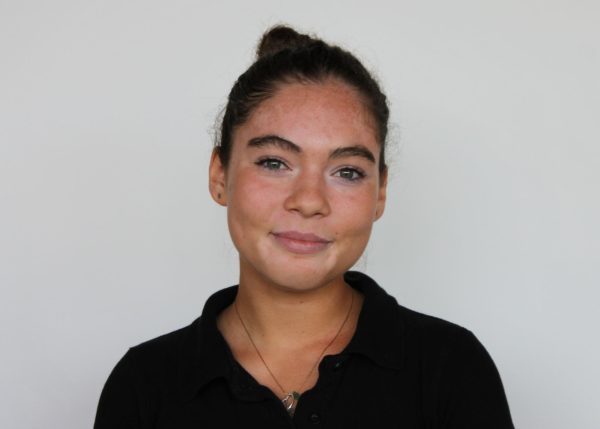I’ll never forget how by May of 10th grade, conversations between students at pool playdates had switched to which pre-college program or service trip they chose for the summer. Famously, students come back from prestigious institutions like the University of Chicago, Brown or Harvard and post a dozen photos on Instagram saying it was “#lifechanging.” It makes you think, what exactly about the two-week program you paid almost $6,000 for was life altering. Is it that it has given them the golden ticket into the university of their choice or memories with new friends that last forever? This summer I attended The New York Times School of Journalism Program in New York City. While I made great friends, stretched my comfort zone and learned from fantastic teachers, it is most definitely not something one has to do in high school.
I took the creative writing course at the program. Every day from 8 a.m. to 3 p.m., I read excerpts of books, analyzed them and then spent around two hours at the end of the day writing stories in Central Park. By the end of the program, I had completed my final project: A series of short stories and memoirs that were edited by both of my exquisite teachers. By the time I left, I had a strong foundation for writing in a variety of genres and new tools that I could use for future writing. However, the tools I earned in the class were invaluable but not inimitable. At Los Angeles Community College, one can enroll in a month-long online creative writing class taught by authors and university speakers for $350. A New York Times creative writing class, without additional residential fees, is 15 times the amount of the LACC class. If the purpose of attending a pre-college program is solely for the content learned in class, the economical choice is the latter. After reading the detailed syllabus of the LACC class, I feel confident that for $5,000 less, I could have grasped the same knowledge.
However, a huge aspect of a program is preparing for the social aspect of college by being in a new place with new people. For 14 days, I explored a city I plan on living in when I’m older. After my class ended, I was given time until 9:00 p.m. to go anywhere I wanted. This freedom forced me and every other student to introduce themselves to one another and learn to make friends quickly. By the second day, the majority of the students, including myself, had found their “people” to enjoy New York City with. Every day we went to a different area in NYC, covering the East Village, Upper East Side, Lower East Side, Soho and our favorite, Brooklyn, where we spent a day at Coney Island. Coming back to Los Angeles, I realized the sheer independence and self-confidence I gained made the program entirely worth it. Yet, it’s possible to feel the same independence more locally. If I had instead gotten a part-time job or worked at a day camp in Los Angeles, I would have similarly branched out.
Finally, there’s a common misconception that attending a pre-college program automatically gets one into a fantastic university. I’m here to debunk this claim after speaking to a college counselor. These trips do not make or break a college application and “rarely” impact your chances. If one attends a program just for college acceptance, you simply made the wrong choice.
All in all, I would recommend a pre-college program to someone who wants to stretch their comfort zone and explore a subject they are passionate about. However, spending extortionate amounts is not the only way to gain leadership, friends and independence over the summer.






